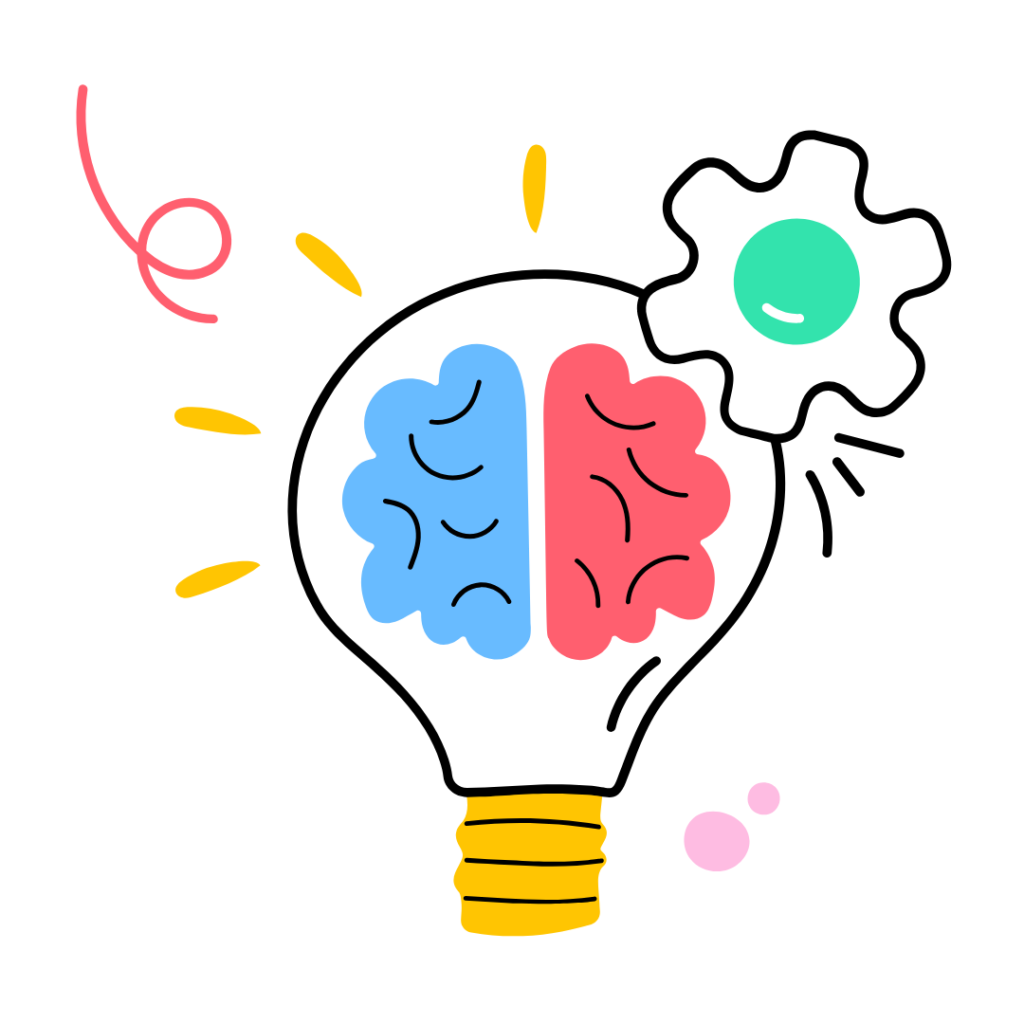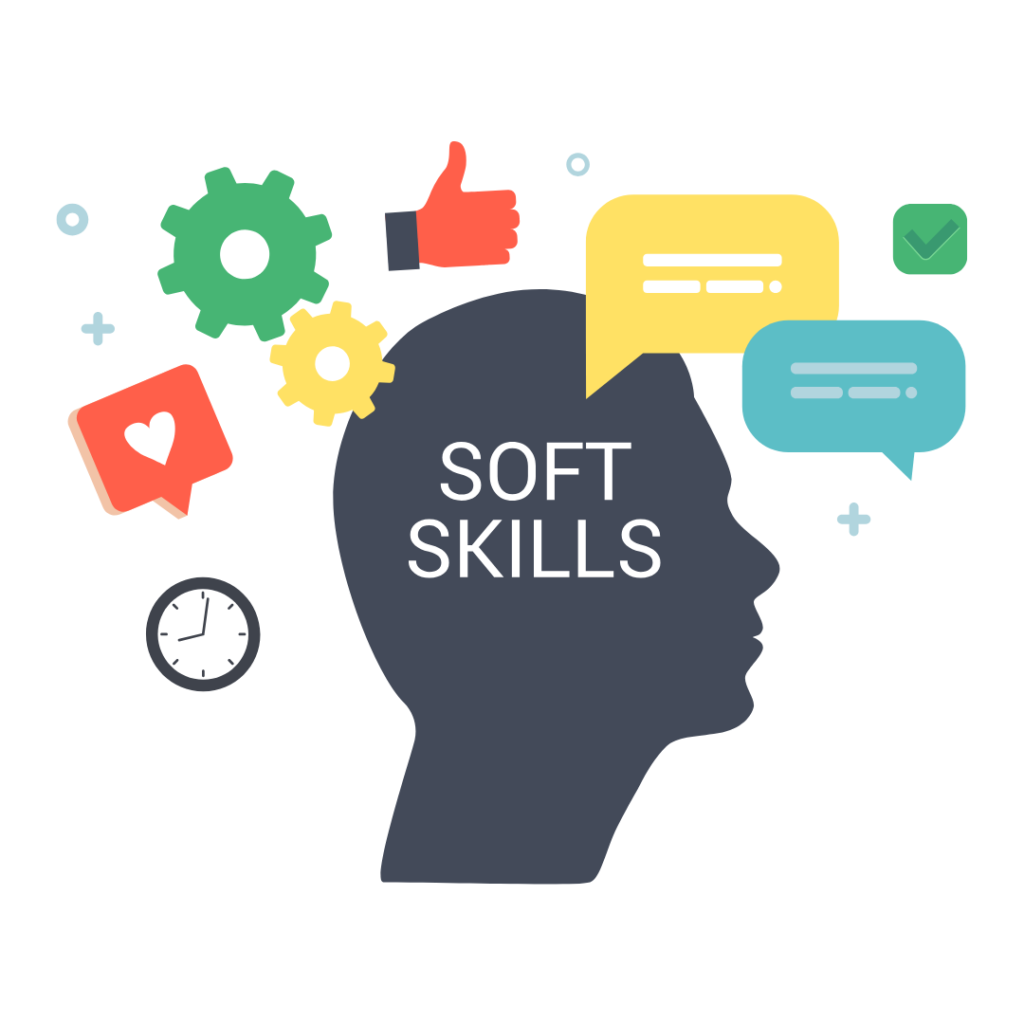Success in life isn’t determined solely by technical know-how or academic achievements. While hard skills like coding, accounting, or engineering are crucial, it’s the soft skills—the intangible, interpersonal abilities—that often set individuals apart. These skills shape how we navigate relationships, overcome challenges, and seize opportunities. Let’s dive into the top three soft skills that are indispensable for achieving success in life: communication, emotional intelligence, and adaptability.
Table of Contents
What is a Skill?
A skill is the ability to do something well, typically gained through practice, education, or experience. Skills are the building blocks that enable individuals to perform tasks effectively in various domains, from professional to personal life.
Skills can be broadly categorized into two types:
- Hard Skills: These are technical, measurable, and job-specific abilities, such as coding, accounting, graphic design, or typing. Hard skills are often taught through formal education or training programs and can be demonstrated through certifications or tests.
- Soft Skills: These are personal and interpersonal abilities that influence how you interact with others and manage your behavior.

What is a Soft Skill?
A soft skill is a personal attribute or quality that enables someone to work effectively with others, adapt to various situations, and achieve success in both personal and professional environments. Unlike hard skills, soft skills are more about how you interact rather than what you do. They are less tangible and harder to quantify but are just as crucial, if not more so, in many contexts.
Characteristics of Soft Skills:
- Interpersonal: Relate to how you communicate and collaborate with others.
- Behavioral: Reflect on your attitude, work ethic, and emotional intelligence.
- Transferable: Useful across industries and roles, making them versatile.
Examples of Soft Skills:
- Communication: Articulating ideas clearly and listening actively.
- Teamwork: Working well with others to achieve common goals.
- Adaptability: Staying flexible and thriving in changing environments.
- Problem-solving: Thinking critically and finding effective solutions.
- Leadership: Inspiring and guiding others toward success.
- Time Management: Organizing tasks efficiently to meet deadlines.
- Emotional Intelligence: Understanding and managing your emotions and those of others.

Why Soft Skills Matter:
Soft skills complement hard skills by improving how work is done and how relationships are built. They are essential for:
- Building trust and strong relationships.
- Navigating conflicts and challenges effectively.
- Achieving long-term personal and professional growth.
Top 3 Soft Skills for Success in Life
1. Communication: The Cornerstone of Connection
Communication is arguably the most essential soft skill. It’s the bridge that connects us to others, enabling us to express ideas, share feelings, and build relationships. Whether you’re leading a team, discussing goals with a partner, or simply ordering coffee, effective communication underpins success in virtually every aspect of life.
Why Communication Matters
Strong communication helps:
- Build Trust: Clear, honest communication fosters trust in personal and professional relationships.
- Resolve Conflicts: Misunderstandings are inevitable, but skilled communicators can de-escalate conflicts and find solutions.
- Enhance Persuasion: From job interviews to sales pitches, communication helps you present ideas convincingly.
- Strengthen Relationships: Open dialogue ensures mutual understanding and emotional connection.
Key Components of Effective Communication
- Active Listening: Listening isn’t just about hearing words; it’s about understanding the message. Active listening involves giving your full attention, asking clarifying questions, and responding thoughtfully.
- Nonverbal Communication: Gestures, facial expressions, and tone of voice often convey more than words. Being mindful of your body language and interpreting others’ cues is critical.
- Clarity and Conciseness: Rambling or vague messages can confuse your audience. Aim to communicate your points clearly and succinctly.
- Empathy: Understanding and acknowledging others’ perspectives fosters meaningful connections.
- Feedback: Constructive feedback is vital for growth. Similarly, being open to receiving feedback shows maturity and willingness to improve.
How to Develop Communication Skills
- Practice Public Speaking: Join groups like Toastmasters or participate in presentations to hone your speaking skills.
- Engage in Active Listening: In conversations, focus on truly understanding others instead of planning your response.
- Seek Feedback: Ask trusted peers or mentors to evaluate your communication style.
- Read and Write Regularly: Improving your vocabulary and clarity in writing will translate to better verbal communication.
2. Emotional Intelligence: The Power of Understanding Emotions
Emotional intelligence (EI) is the ability to recognize, understand, and manage your emotions while also empathizing with others. This skill is a game-changer for personal growth, leadership, and building meaningful relationships.
Why Emotional Intelligence Matters
High emotional intelligence leads to:
- Better Relationships: Understanding emotions helps you connect with others on a deeper level.
- Improved Decision-Making: Emotional awareness enables you to make balanced decisions rather than impulsive ones.
- Stress Management: Managing your emotions effectively reduces stress and enhances resilience.
- Leadership Excellence: Great leaders inspire and motivate others through empathy and emotional regulation.
Components of Emotional Intelligence
- Self-Awareness: Recognizing your emotions and their impact on your thoughts and actions is the foundation of EI.
- Self-Regulation: Managing your emotions in a healthy way—staying calm under pressure, avoiding overreactions, and adapting to change.
- Motivation: A drive to achieve goals for intrinsic reasons rather than external rewards.
- Empathy: Understanding and sharing the feelings of others is crucial for strong interpersonal relationships.
- Social Skills: Building rapport, resolving conflicts, and fostering collaboration rely on strong social skills.
How to Develop Emotional Intelligence
- Practice Mindfulness: Techniques like meditation or journaling can increase emotional awareness.
- Reflect on Feedback: Honest feedback from others can reveal blind spots in your emotional behavior.
- Learn Empathy: Engage in active listening and put yourself in others’ shoes.
- Regulate Emotions: Practice techniques like deep breathing to manage stress and stay composed.
- Read Books on EI: Books like Emotional Intelligence 2.0 by Travis Bradberry can provide actionable insights.
3. Adaptability: Thriving Amid Change
The ability to adapt to new circumstances is vital in our ever-evolving world. Whether it’s adjusting to a new job, embracing technological advancements, or navigating unexpected life changes, adaptability ensures resilience and success.
Why Adaptability Matters
Adaptability helps you:
- Overcome Challenges: Life is full of obstacles, and flexibility allows you to find solutions.
- Stay Relevant: In a rapidly changing job market, those who adapt quickly maintain their value.
- Seize Opportunities: Being open to change often leads to unexpected growth and success.
- Reduce Stress: Accepting change rather than resisting it can significantly lower stress levels.
Traits of Adaptable People
- Open-Mindedness: Embracing new ideas, perspectives, and experiences without judgment.
- Resilience: Bouncing back from setbacks with a positive attitude.
- Curiosity: A desire to learn and explore fosters adaptability.
- Proactivity: Anticipating change and preparing for it rather than reacting defensively.
- Flexibility: Willingness to modify plans or strategies as circumstances evolve.
How to Develop Adaptability
- Challenge Comfort Zones: Regularly expose yourself to new environments, tasks, or perspectives.
- Learn Continuously: Stay curious and seek knowledge to remain adaptable.
- Practice Problem-Solving: View challenges as opportunities to grow rather than obstacles.
- Stay Positive: Cultivate a mindset that views change as a chance for improvement.
- Build Resilience: Strengthen your ability to cope with stress through self-care and support systems.

Benefits of Developing Soft Skills
Soft skills are critical for achieving success in personal and professional life. Here are the key benefits of honing soft skills:
1. Enhances Interpersonal Relationships
- Stronger Connections: Skills like empathy and communication help build meaningful relationships.
- Conflict Resolution: The ability to address disagreements constructively fosters harmony.
- Team Collaboration: Effective teamwork leads to better outcomes in group settings.
2. Boosts Professional Success
- Career Advancement: Employers highly value skills like leadership, adaptability, and problem-solving.
- Increased Employability: Candidates with strong soft skills often stand out in job applications.
- Improved Leadership: Emotional intelligence and communication are key to inspiring and managing teams effectively.
3. Improves Problem-Solving Abilities
- Critical Thinking: Soft skills enhance your ability to analyze situations and make sound decisions.
- Creativity: Openness to new ideas leads to innovative solutions.
- Resilience: Adaptability helps you stay resourceful under pressure.
4. Promotes Personal Growth
- Better Emotional Regulation: Emotional intelligence helps manage stress and maintain a positive outlook.
- Self-Awareness: Understanding your strengths and weaknesses allows for continuous improvement.
- Confidence Building: Effective communication and self-discipline foster confidence in various situations.
5. Enhances Workplace Dynamics
- Higher Productivity: Time management and collaboration lead to more efficient workflows.
- Positive Work Environment: Strong interpersonal skills create trust and mutual respect.
- Adaptation to Change: Flexibility helps teams navigate transitions smoothly.
6. Benefits Across Industries and Roles
- Transferability: Soft skills are universal, making them valuable in any career path.
- Future-Proofing: As automation increases, soft skills like creativity and emotional intelligence remain irreplaceable.
7. Better Communication and Persuasion
- Clear Expression: Articulating thoughts effectively prevents misunderstandings.
- Stronger Persuasion: Convincing and influencing others becomes easier.
- Active Listening: Understanding others fosters mutual respect and cooperation.
8. Builds Resilience and Adaptability
- Coping with Challenges: Resilience ensures you bounce back from setbacks.
- Embracing Change: Adaptability allows you to thrive in dynamic environments.
- Stress Management: Staying composed and focused enhances performance under pressure.
Bringing It All Together
While communication, emotional intelligence, and adaptability are highlighted here, these skills are interconnected. For instance, effective communication often requires emotional intelligence, and adapting to change involves clear communication and emotional resilience. Together, these soft skills form a powerful toolkit for navigating life’s complexities and achieving success.
Investing in these skills isn’t just about personal growth; it’s about creating a life filled with meaningful connections, rewarding achievements, and resilience in the face of challenges. Start small, be consistent, and watch how these skills transform your life.
What soft skill resonates most with you? Share your thoughts or personal experiences in the comments below!


Valuable info. Lucky me I found your website by accident, and I am shocked why this accident didn’t happened earlier! I bookmarked it.
Thankyou
Hello there! Do you use Twitter? I’d like to follow you if that would be ok. I’m absolutely enjoying your blog and look forward to new posts.
Thank You